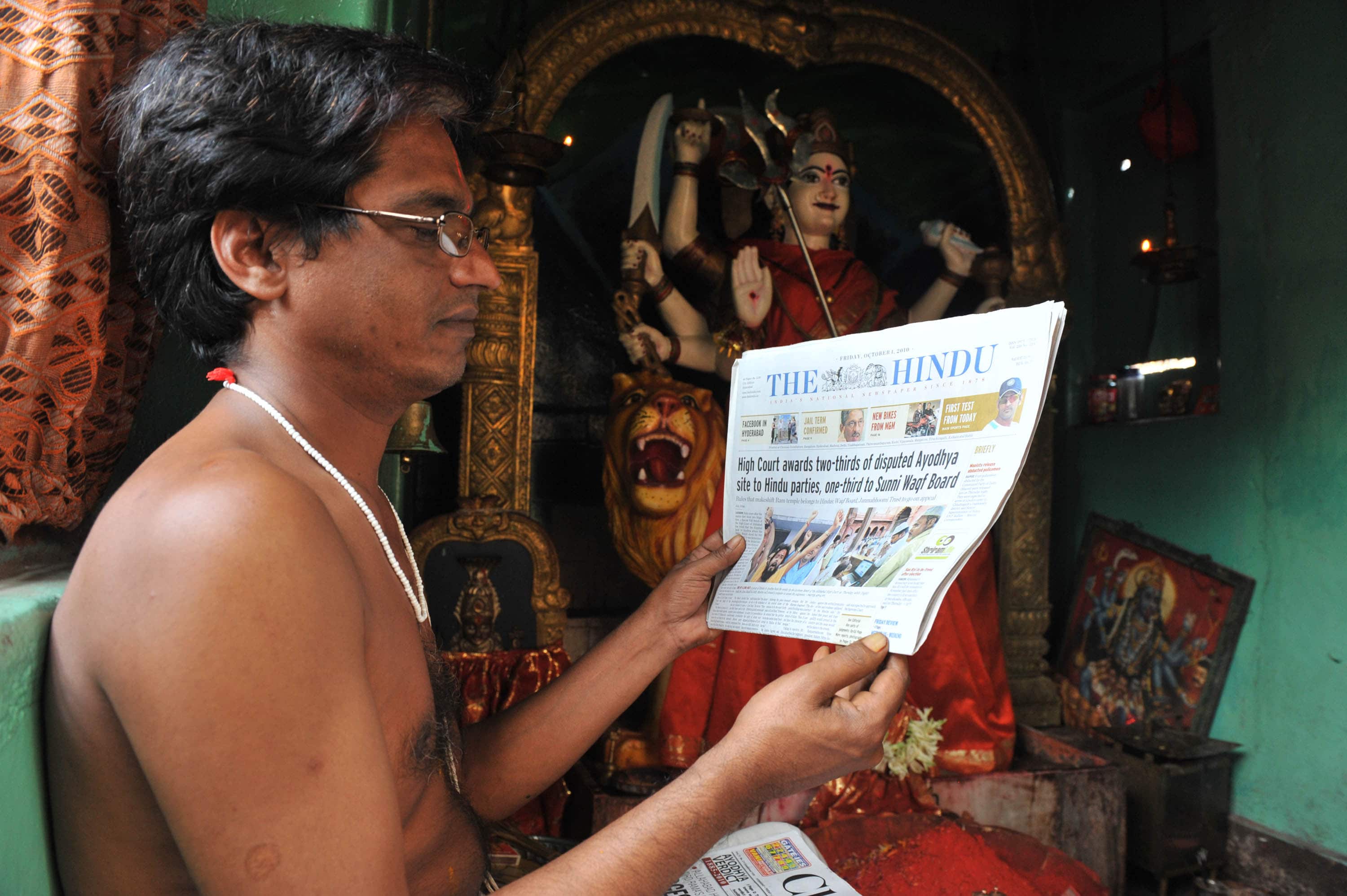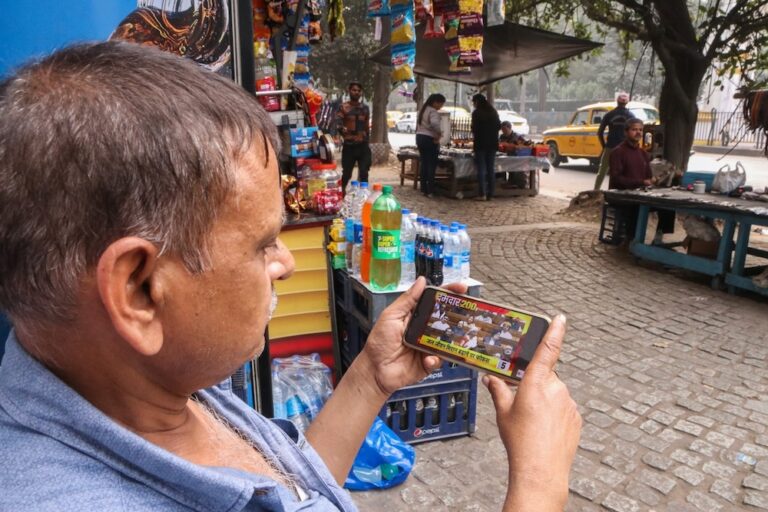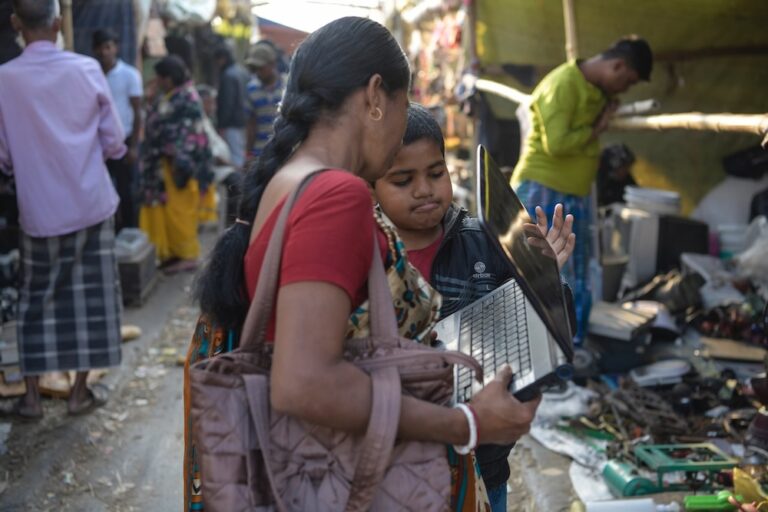Indian authorities are urged to protect Swathi Vadlamudi, the target of violent online harassment and death threats over a cartoon she drew of two Hindu gods.
This article was originally published on rsf.org on 18 April 2018.
Swathi Vadlamudi, who works at the bureau of The Hindu newspaper in Hyderabad, the capital of the southern state of Telangana, is facing a possible three-year jail sentence as a result of an accusation of hurting religious sentiments under section 295 (a) of the criminal code that was brought against her on 16 April.
Facebook users have predicted that she will suffer the same fate as Gauri Lankesh, a well-known newspaper editor who was gunned down last September, probably by Hindu nationalists. One post said she could be the target of a “Charlie Hebdo-style attack,” referring to the January 2015 massacre of journalists at the French satirical weekly.
Vadlamudi’s cartoon, posted on Twitter on 10 April, alluded to recent far-right Hindu demonstrations calling for the release of Hindu activists and a member of the ruling Bharatiya Janata Party (BJP) held on suspicion of involvement in the rape of a minor and the gang-rape and murder of an eight-year-old girl from a Muslim nomadic community.
The cartoon shows the goddess Sita holding a newspaper with headlines about these sex crimes and saying to her husband, the god Ram: “I’m so glad I was kidnapped by Ravan and not by your bhakts.” Her comment refers to the ancient epic poem Ramayana about her abduction by a demon, and to Hindu activists known as bhakts who support Prime Minister Narendra Modi’s BJP.
“Instead of aggravating the disgraceful online harassment with judicial proceedings, the Telangana authorities should be doing everything possible to ensure that Swathi Vadlamudi is protected,” said Daniel Bastard, the head of RSF’s Asia-Pacific desk.
“Amid all the current outrage about the tragedies that were the subject of this cartoon, a public debate is essential, including by means of cartoons. At the national level, with a year to go to parliamentary elections, BJP leaders and activists must demonstrate that they are ready to respect the freedom of expression of journalists who do not necessarily share their opinions.”
The threats against Vadlamudi on social networks have mixed extreme misogyny and vulgarity, with overtones of hatred towards Muslims. Indian journalists are often the targets of death threats when their reporting or views annoy the followers of Hindutva, the ideology behind Hindu extremism.
At least 13 Indian journalists have been murdered in connection with their work since the start of 2015. India is ranked 136th out of 180 countries in RSF’s 2017 World Press Freedom Index.



